Science Shop
Advertisement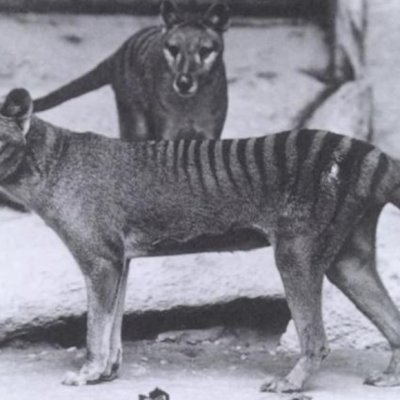
Reviving Tasmanian Tiger with Genetic Engineering
- By Rolf Lewis
- . August 22, 2022
The Tasmanian Tiger, also known as the Thylacine, has been extinct for 86 years. However, scientists are now attempting to revive the largest predatory marsupial
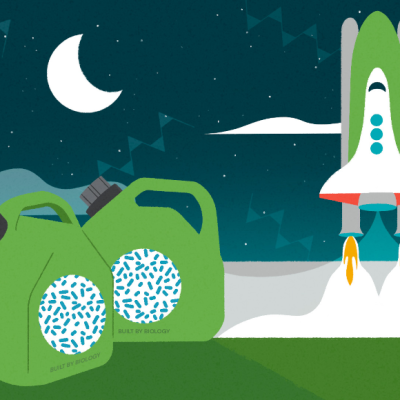
Bacteria create rocket biofuel
- By Rolf Lewis
- . July 19, 2022
Scientists at the Lawrence Berkeley National Laboratory have used genetically modified bacteria to create a new biofuel for rockets that outperforms gasoline, kerosene, and rocket

Does Breed Affect Dog Behavior?
- By Rolf Lewis
- . May 19, 2022
A recent genetic study conducted in the United States has revealed that a dog’s breed has little to do with its temperament. According to researchers,

Human Genome Decoded Completely
- By Geert Devenster
- . March 31, 2022
A breakthrough in genetic research has led to the complete decoding of the human genome. Previously, only 92% of the genome had been sequenced, leaving
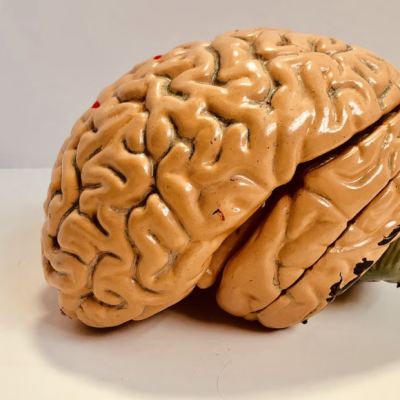
Criminal Minds: Smaller Brains
- By Geert Devenster
- . February 1, 2022
A recent study conducted by scientists at the University College London (UCL) has found that individuals who exhibit chronic antisocial behavior, such as theft, as
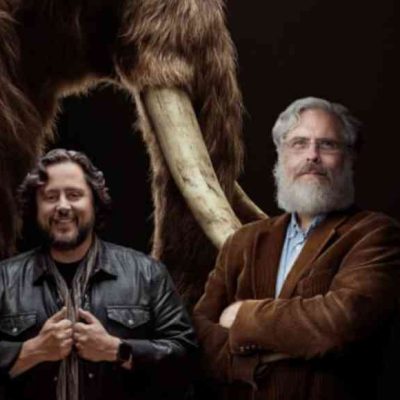
Reviving Woolly Mammoths: Jurassic Park?
- By Rolf Lewis
- . October 30, 2021
In a groundbreaking move, a team of scientists led by George Church from Harvard University has received $15 million in funding to bring the woolly

Unhealthy Living = Risky Driving
- By Geert Devenster
- . October 11, 2021
A recent study conducted by Tönis Tokko at the University of Tartu has found a correlation between unhealthy lifestyle habits and risky behavior on the

Right-wing extremists suspect election fraud.
- By Geert Devenster
- . October 2, 2021
A recent study conducted by Tönis Tokko at the University of Tartu has found a correlation between unhealthy lifestyle habits and risky behavior on the
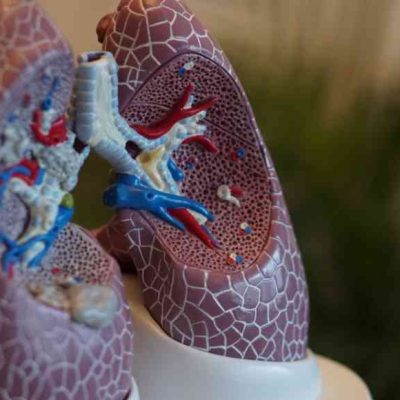
Non-smokers can get lung cancer
- By Geert Devenster
- . July 8, 2021
A groundbreaking study by the US National Cancer Institute has found that lung cancer in non-smokers is primarily caused by internal processes rather than external
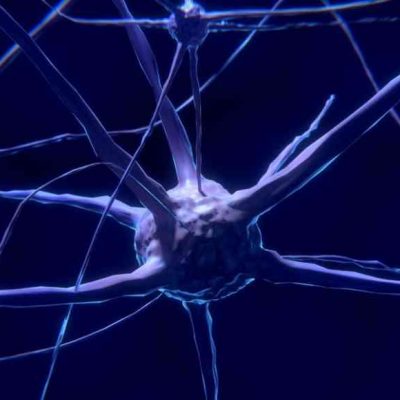
Single Gene Boosts Mouse Intelligence
- By Rolf Lewis
- . June 7, 2021
The question of why humans are more intelligent than other living beings has long been a topic of scientific inquiry. One possible answer is that









